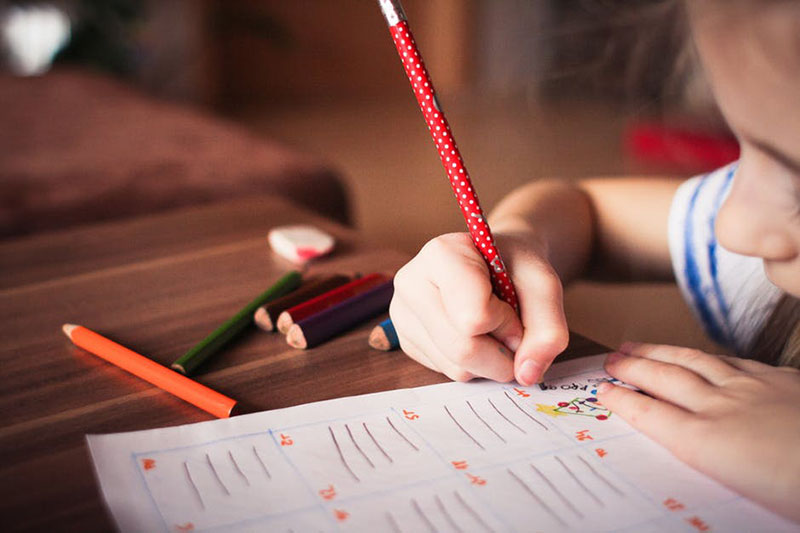 A key purpose of schooling is to acclimatise children to the present environment and prepare them for the future. In that construct, education is evolving on the continuum of bridging the present to the future.
A key purpose of schooling is to acclimatise children to the present environment and prepare them for the future. In that construct, education is evolving on the continuum of bridging the present to the future.
It is thereby appropriate that education has developed so many dimensions since my own school days. Looking at today’s kids, in light of expectations from them and numerous distractions around, it is impressive to see them handling it all with such aplomb, and a lot of the credit goes to schools.
In our days, the emphasis was on academics as being of utmost importance since we were headed towards a future that secured individuals with a solid educational foundation. This led me to acquire an engineering degree, alongside my dream of being a sportsperson. The importance of academics is paramount even today, and it shapes my decisions even as an administrator in allowing young cricketers to focus on exams by creating flexibility in their sporting calendar obligations.
Schools like mine were also forward-thinking and allowed children with interest in areas like sports to balance these pursuits along with meeting academic commitments. This made it possible for youngsters like me to find our paths in alternative careers that we had a passion for.
In those days, it was not mandatory for a school to take up the duty of imparting moral education or values to kids. However, in all the institutions I attended, there were teachers who considered themselves custodians of the values of the next generation and took it upon themselves to shape the kids value systems.
Todays schools have adapted to the prevailing context and impending future in several ways. Firstly, teaching techniques are adapting to formats where learning by rote has been replaced with learning by doing. An example of this is the increasing use of technology in teaching and learning.
Secondly, academics is not structured towards solidity and security alone, but is aimed at building excellence and making the child a global citizen, in light with the future that waits for him/her.
Thirdly, there is emphasis on extracurricular activities towards creating a well-rounded individual. As schools envision a future where ‘unconventional careers will thrive, and children can build their life on unique capabilities in various fields, schools are providing them with the space and support to explore these.
Lastly, schools are stepping up and systemically delivering on the added responsibility of imparting the right kind of morals and values to children as a part of education.
There are schools in India that are grounded firmly in these fundamentals, and having seen it up close, I can say that one such example is the Pearson Schools which integrates global standards, technology-based experiential learning, holistic curriculum and a strong foundation of values and culture.
Going forward, here are a few things, in my opinion, that schools must incorporate into the system:
1. Students must be prepared for life, not just for careers. Given the vagaries of life, it is of utmost importance to develop young adults who are capable of adapting to the world as it may be years from now.
2. What ought to be taught, is not thought, but the process of thinking. Students must be encouraged to think for themselves and approach problems and situations in their own ways, ensuring that their minds are well formed and not well filled. This calls for transition of the role of a teacher from being an instructor to being a facilitator.
3. Acceptance of heterogeneity is essential in today’s world where we live in highly diverse societies. Schools are one place where the child begins to see what is not his/her own cultural, economic or social background, and hence schools must inculcate in its students respect for those who are different from them.
4. While delivering on curriculum, teachers should drive application based, creative and innovative thinking. They should encourage students to move beyond textual learnings and explore the practical implications of what they read in their books.
Just as schools have responsibilities, as parents, we are accountable for making the right choices for our children’s education and future.
The author is Anil Kumble, eminent Indian cricketer and Brand Ambassador- Pearson Education Services.



























